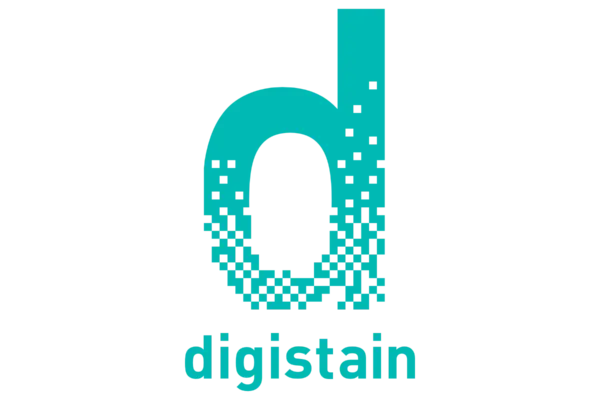
Digistain
Digistain is a cancer diagnostics company rethinking traditional approaches to cancer risk profiling by combining advanced and validated techniques with machine learning to deliver faster breast cancer treatment decisions for both physicians and patients.
Want to connect with this innovation?
Let us introduce you.
"*" indicates required fields
The challenge
One woman is diagnosed with breast cancer every 10 minutes in the UK. And one in 7 women living in the UK will develop breast cancer in their lifetime. This makes breast cancer the most common cancer in the UK.
The current ‘gold-standard’ breast cancer assessment technique is based on staining malignant tumour biopsies and viewing the stained sample under a microscope for ‘proliferation markers’ that indicate the aggressiveness of cancer. Unfortunately, this technique is highly subjective and there is only a 60% concordance rate of diagnosis versus actual patient outcomes. The result is that roughly 30% of UK patients (>10000 each year) could be safely spared from lethal chemotherapy they could otherwise avoid.
Clinicians prescribe patients a ‘companion diagnosis’ to ascertain whether the type of cancer present in a tumour merits one or more courses of chemotherapy to prevent the cancer from spreading. These ‘companion diagnoses’ have been proven to be effective and reduced chemotherapy by up to 30% when used. However they require biopsies to be shipped internationally on a daily basis which delays treatment decisions by weeks. The UK is lagging behind with roughly 75% of patients who could benefit from a “companion diagnosis” ineligible due to cost burden to the NHS.
The solution
Digistain provides oncologists with decision-making data in 15 minutes, compared to several weeks for a ‘companion diagnosis’. This means patients can avoid chemotherapy where it is inappropriate or start the right regimen sooner if it is deemed to be the best option.
While other risk profiling solutions use a fixed assessment of data from wet chemistry analysis, Digistain leverages machine learning to identify patterns invisible to fixed algorithmic approaches. Digistain captures a unique spectral signature from each biopsy and performs analysis on over 10,000 data points per biopsy. With this information, Digistain’s artificial intelligence process computes an accurate risk score which has been validated on over 800 patients in a study reviewed by Cancer Research UK. The study demonstrated superior clinical performance to comparative existing approaches.
Digistain offers a significant advantage over the existing state-of-the-art technology. Currently, oncologists must wait several weeks for test results. The aim of this project is to guide adjuvant (post-surgery) therapy decisions to improve patient outcomes, promote UK economic growth, and save lives – all while reducing care inequalities by being affordable.
The impact
- Cost: Currently breast cancer biospies are shipped to the US daily at a cost of several thousand pounds per patient. Digistain tests are available to the NHS at a mere fraction of the cost. An overall budget impact analysis showed that Digistain will save up to 30% of the NHS’s chemotherapy budget.
- Time Saving: Currently results can take weeks since biopsies are shipped outside the UK. This coupled with breast cancer post-Covid backlogs leads to significant patient anxiety not to mention the impact on patient risk from critical treatment delays. By delivering results in a single day to physicians and patients Digistain alleviates patient stress and frees up hospital resources by streamlining the care pathway.
- Environmental Impact: By providing for the first time a local and solution that does not require international sample shipping the potential carbon savings are immense with Digistain. It is estimated that Digistain will achieve a 93.3% reduction in carbon footprint compared to current practice.
- Equality, Diversity and Inclusion: Although breast cancer affects women of all ethnic and socioeconomic backgrounds, undeniable socioeconomic and racial/ethnic disparities exist in UK healthcare due to territorial funding variabilities. Digistain presents a cost-effective accessible solution that enables all hospitals to achieve the same level of healthcare regardless of funding.
Want to connect with this innovation?
Let us introduce you.
"*" indicates required fields
